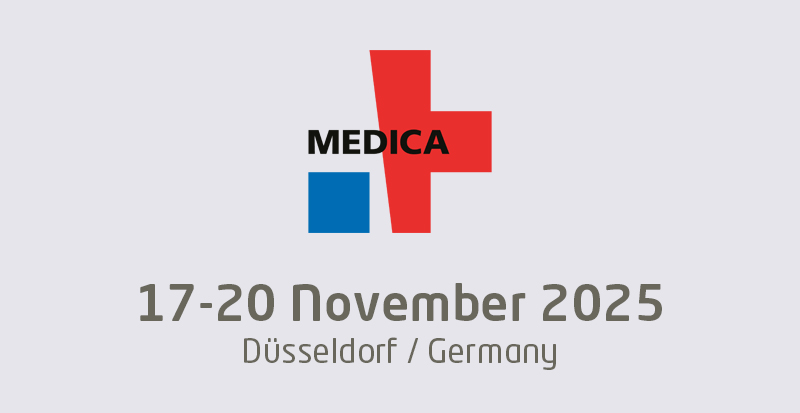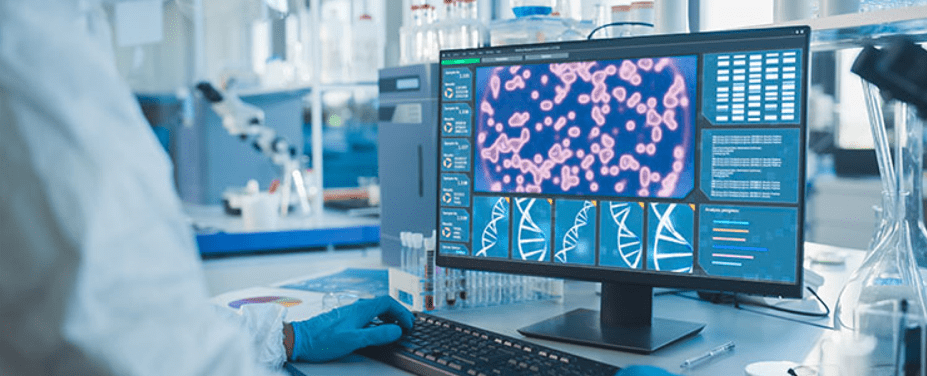Mount Sinai researchers intend to share InfEHR’s code with other institutions to support further exploration of its potential in personalized treatment and research.
Researchers at the Icahn School of Medicine at Mount Sinai in New York City have developed an artificial intelligence system aimed at enhancing diagnostic accuracy by linking previously unconnected medical events over time.
The system, called Inference on Electronic Health Records (InfEHR), analyzes fragmented data within electronic health records (EHRs) to detect hidden patterns that may signal underlying diseases, according to an October 15 press release from the health system. InfEHR was created by Mount Sinai’s Windreich Department of Artificial Intelligence and Human Health, in collaboration with partner institutions.
In a study published on September 26 in Nature Communications, InfEHR examined deidentified patient data from Mount Sinai and UC Irvine hospitals. The AI system identified neonatal sepsis with 12 to 16 times greater accuracy and postoperative kidney injury with 4 to 7 times greater accuracy compared to existing diagnostic approaches.
Mount Sinai researchers plan to release InfEHR’s code to other institutions to encourage further research and development in personalized medicine and treatment.
























